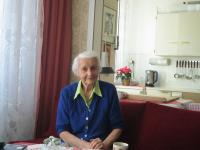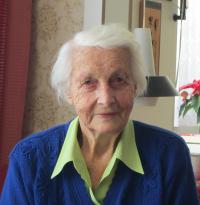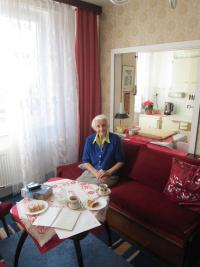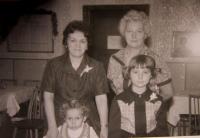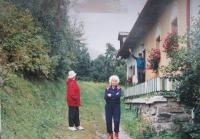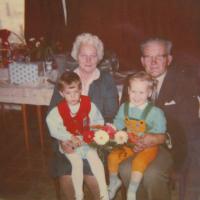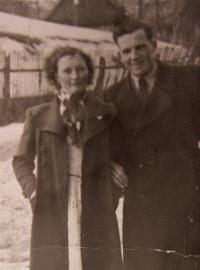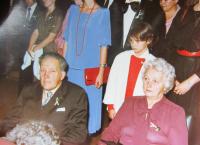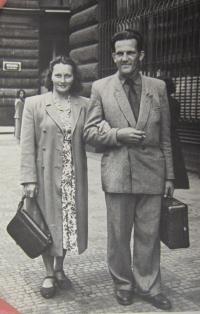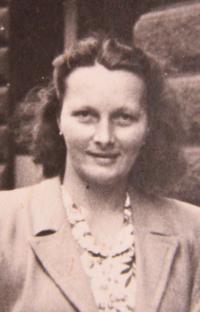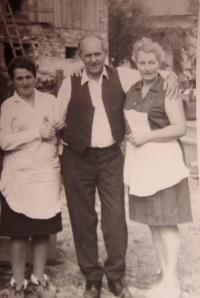I would come here for my ration of fear
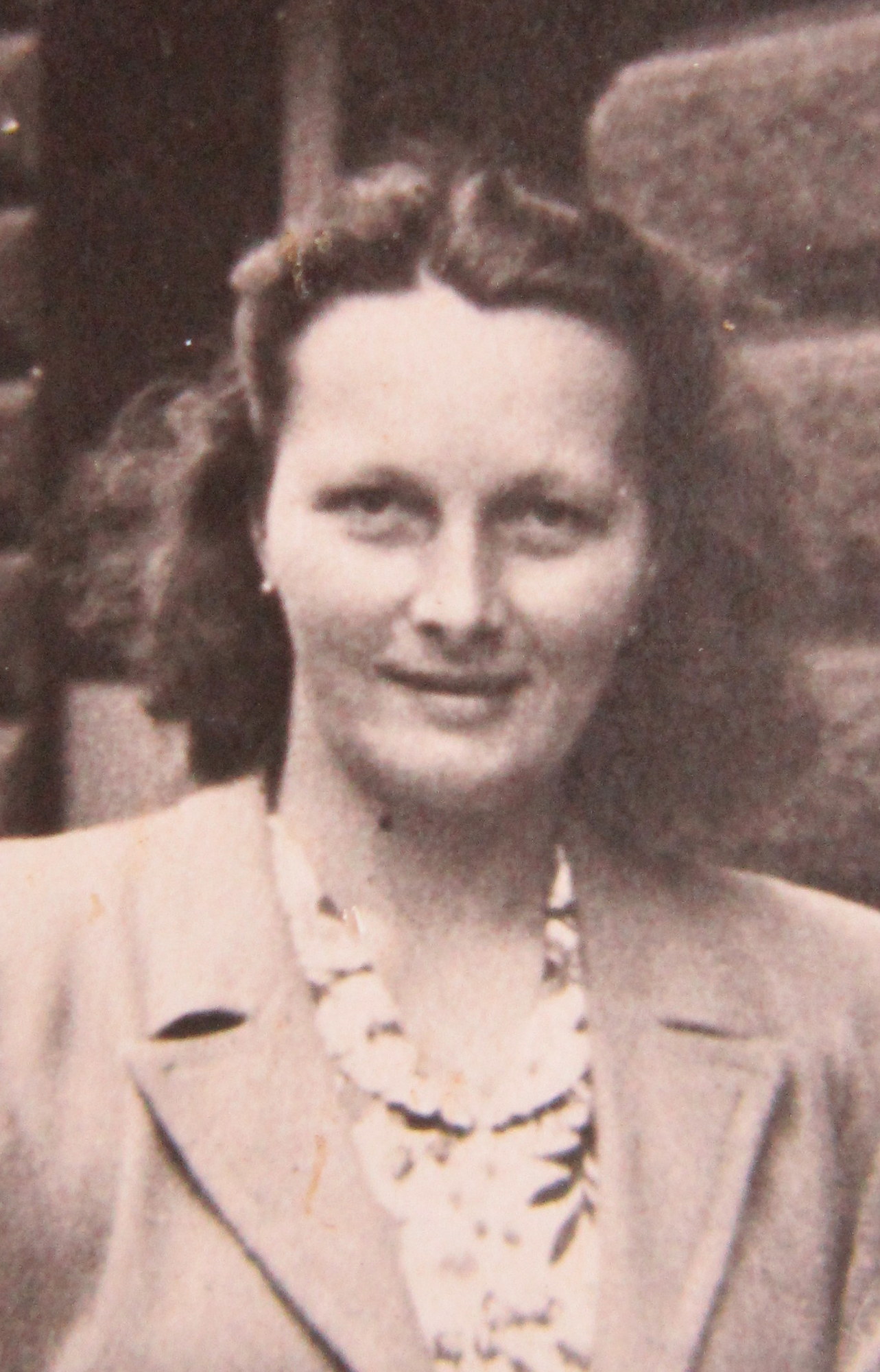
Download image
Anna Skákalová, née Kouřilová, was born on September 25, 1921, in Štědrákova Lhota in the Šumperk region. In 1937, she went to work as a maid to a Czech forester in Horní Morava (Ober Mohrau in German).There she met her future husband, who as a Czechoslovak soldier was helping with the construction of the border fortifications. In the beginning of 1938, she had to hastily leave Horní Morava, because the situation in the predominantly German village was coming to a head and it was no longer safe for Anna to remain in the village in the period leading to the Munich crisis. During the war, Anna married and moved to Vinoř nearby Prague. With her small children, she would often visit her family in Štědrákova Lhota, which was at this point already part of German Sudetenland, Anna witnessed the brutal persecution of her families and other local residents during the era of the Nazi occupation. In 1944, the Gestapo arrested about a dozen local youngsters - among them Anna’s brother Stanislav - for anti-Nazi inscriptions in the municipality. The Nazis nearly beat her father to death because he refused to disclose the hiding place of the guerrillas operating in the surrounding woods. Anna was not spared of dramatic events even in Vinoř, where she witnessed the allied bombing of Prague on March 25, 1945, when the whole family had to hurriedly leave their damaged house. After the liberation, the family moved to Staré město in the Šumperk region, where she still lives today.
